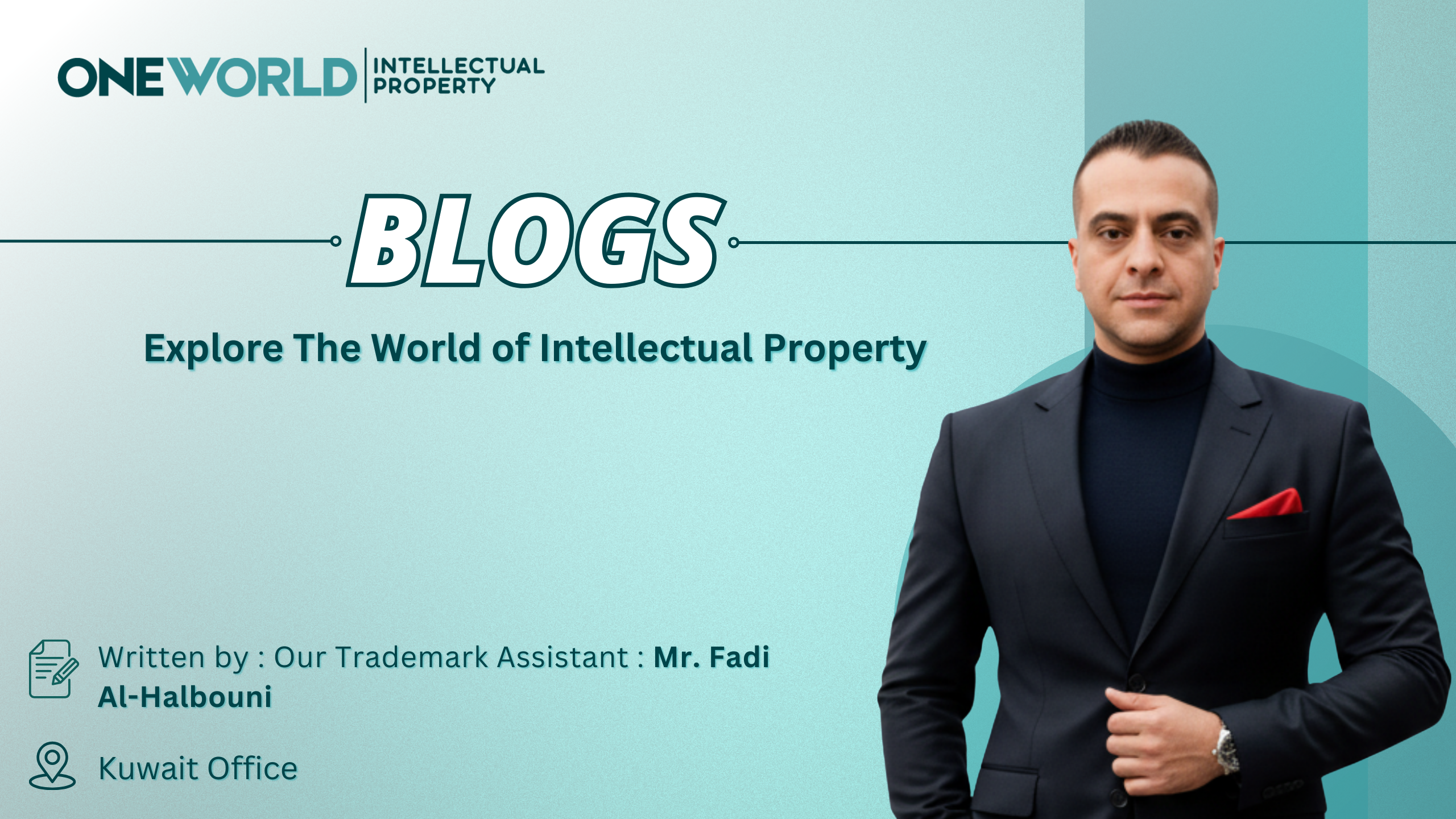
Intellectual Property Protection for Podcast Content: A Legal Perspective Introduction
Podcasting has rapidly evolved from a niche hobby into a global communication powerhouse, with creators producing everything from scripted fiction and investigative journalism to educational content and branded entertainment. As podcasts gain commercial value and build loyal audiences, understanding how to legally protect this creative work has become more crucial than ever.
Intellectual property (IP) law provides the primary toolkit for safeguarding podcast content—but it doesn’t stop there. Contractual agreements, licensing practices, and platform-specific compliance also play essential roles. This blog explores the legal mechanisms that protect podcast content and explains how podcasters can secure their creative rights in a fast-changing digital landscape.
Copyright: The Core Protection for Podcast Content
Copyright is the cornerstone of podcast IP protection. Under international rules like the Berne Convention, copyright automatically arises once an original work is recorded or written down.
For podcasters, copyright typically protects:
- The audio recording of each episode
- Scripts, interview notes, articles, books, blogs, or other literary foundations
- Musical compositions and sound effects
- Artwork, cover images, logos, and visual branding
Copyright grants the creator exclusive rights to reproduce, distribute, publicly perform, and create derivative works.
Ownership generally belongs to the creator—unless the content was made as part of employment, assigned by contract, or jointly created by multiple collaborators. Co-hosts, editors, producers, and writers may all hold rights unless agreements clearly define ownership. Additionally, the use of third-party music, clips, or quotes requires proper licensing to avoid infringement.
Performer and Personality Rights
Beyond copyright, podcasters and guests may have separate performer rights and personality (or publicity) rights.
These rights protect a person’s recorded voice, likeness, name, and identity. This means that the host or any guest may legally control how their appearance or voice is used and commercially exploited. For podcasts featuring interviews or recurring personalities, these rights can significantly influence contracts and permissions.
Trademark Protection: Securing Your Podcast Brand
A podcast is not just content—it is also a brand. Trademark law protects the elements that distinguish your show from others, such as:
- The podcast title
- Logos and artwork
- Taglines, slogans, or recurring segment names
Trademark registration helps prevent others from using similar names or visuals that could confuse audiences. As many successful podcasts evolve into broader media brands, securing these identifiers has become increasingly important.
Patent Rights: When Technology Meets Podcasting
While podcast episodes themselves cannot be patented, innovative technology used in the creation or distribution of the podcast can be.
Patent protection applies only to technical inventions—such as new devices, processes, systems, or algorithms. A podcast may involve patentable elements if it relies on newly developed technology, for example:
- A novel noise-reduction or audio-cleaning system
- Innovative editing or mixing tools
- AI-driven voice enhancement algorithms
- Advanced streaming, hosting, or distribution technologies
In these cases, the invention—not the podcast content—is what receives patent protection.
Industrial Design Rights: Protecting the Look of Podcast-Related Products
Industrial design rights protect the artistic or ornamental appearance of a physical product. While they rarely apply to podcast content itself, they can protect:
- Uniquely designed microphones or recording devices
- Branded merchandise with distinctive 3D shapes
- A visually original user interface for a podcast app (in certain jurisdictions)
Most podcast artwork or logos, however, remain covered by copyright or trademark—not industrial design law—unless used in or applied to a 3D object.
Contractual Protection: The Backbone of IP Ownership
Contracts are essential in clarifying who owns what in the podcasting process. They help avoid confusion over:
- Host and co-host contributions
- Producer and editor rights
- Ownership of scripts, sound designs, and recordings
- Compensation and revenue sharing
- Licensing for music or third-party materials
- Responsibilities in sponsorship or advertising deals
Clear, written agreements form the legal infrastructure that protects creators from disputes and ensures smooth collaboration across the production and monetization lifecycle.
Enforcement and Remedies: How Podcasters Protect Their Rights
Enforcing intellectual property rights typically involves administrative or judicial action.
Administrative Enforcement
Podcast platforms and hosting services often provide built-in mechanisms such as:
- DMCA takedown procedures
- Trademark infringement reporting tools
- Automated content-matching systems
These tools offer quick, practical remedies against unauthorized uses.
Judicial Remedies
When administrative steps fail, rights holders may turn to the courts to seek:
- Injunctions to stop further infringement
- Monetary damages
- An account of profits
- Orders requiring destruction or delivery of infringing materials
Courts rely heavily on evidence such as timestamps, original audio files, creation records, and copyright registrations.
Risk Management and Legal Compliance
Podcast creators must minimize legal risks by addressing three key areas:
Defamation and Privacy
Podcasters should avoid statements that may unfairly harm reputations or reveal private information without consent, especially when discussing private individuals.
Disclaimers
When discussing medical, legal, or financial subjects, disclaimers help clarify that the content does not constitute professional advice.
Platform Terms of Service
Violating platform policies can result in content removal or demonetization—even if the creator holds copyright. Compliance ensures uninterrupted distribution.
Conclusion
Intellectual property law offers a powerful framework for securing podcast content—from audio recordings and scripts to branding and technological innovations. By combining copyright, trademarks, licensing strategies, contractual agreements, and compliance with platform policies, podcasters can safeguard their creative output and maintain control over their brand.
Creators who understand these legal tools are better equipped to protect their work, resolve disputes, and thrive in an increasingly competitive digital media environment.
Written by : Our Senior Legal Consultant : Ms. Yasmin Abdo.



